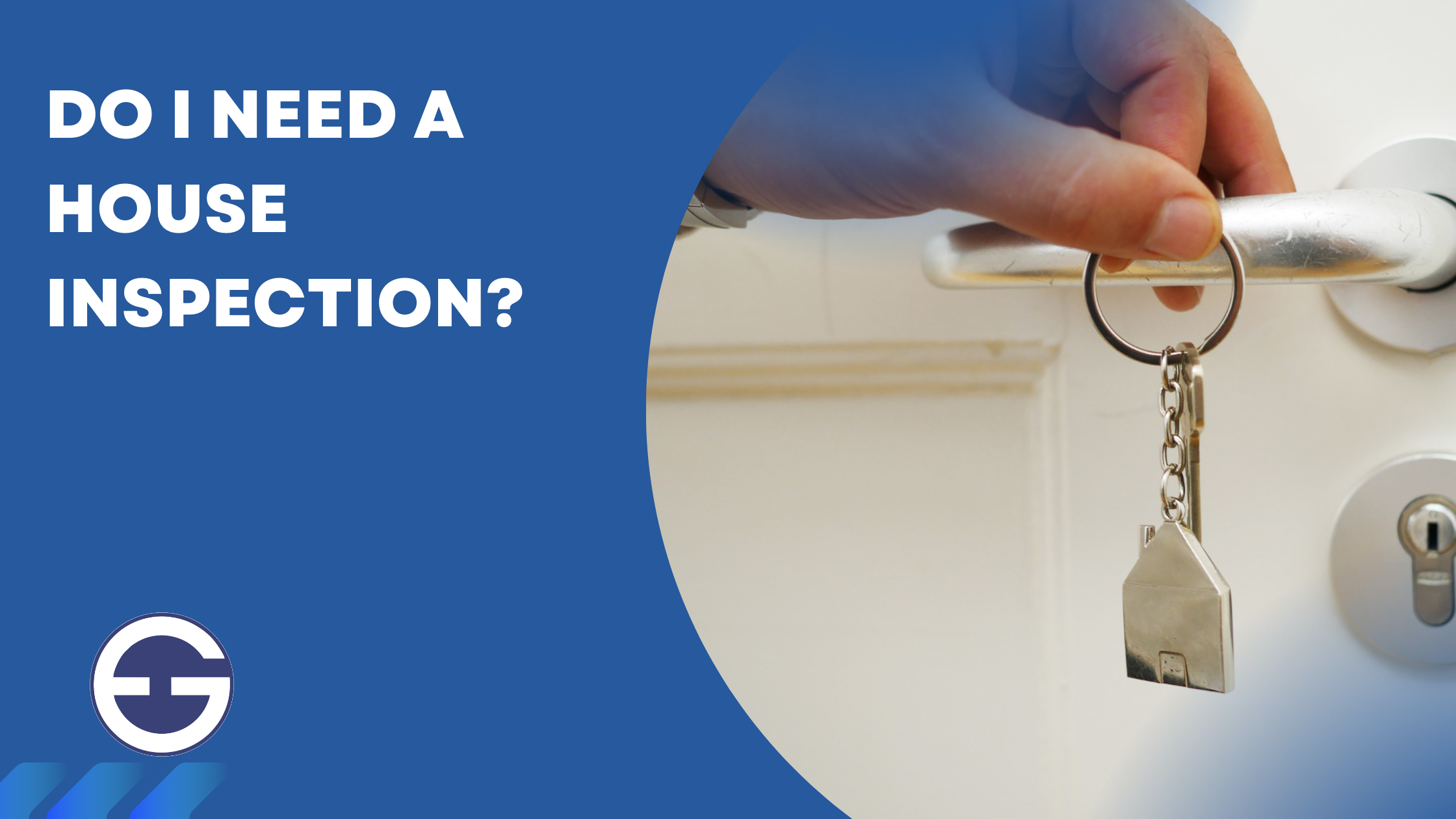What Is House Inspection? What Is The Role Of A House Inspector?

A house inspection examines the safety and present condition of a property. The primary reason for hiring a home inspector is to find flaws in easily accessible sections of a house. If problems are overlooked before the sale, you might end yourself paying thousands of dollars to have them fixed later.
A house inspection is a non-invasive visual check of a property's accessible parts. A home inspection reduces the risk of moving into a property with undisclosed safety or structural faults. Remember that a house inspection will not discover every problem that exists or might exist in the future. It only shows the faults that were present at the time of the inspection.
Pros of House Inspection:
1. Identify Any Urgent Issues And Make Plans For Future Fixes:
A home inspection may help you understand what's wrong and what needs to be corrected right immediately, which nearly goes without saying.
Home inspectors can immediately see exposed wiring, apparent mildew, decaying wood, and other evident symptoms of degradation since they visually check the property. Inspectors who have a lot of expertise in their field instinctively know where the most likely issue spots are and take the time to look for them. However, the assessment reveals more than just the need for immediate repairs... It also aids a buyer in anticipating future repairs. Even though the roof isn't leaking right now, it's revealing its age. Perhaps the 10-year-old deck has some wear and tear that will require some attention in the future.
2. You Save Money Because You Deal With Problems As Soon As They Arise:
Home inspections reveal these flaws, both present, and future, and purchasers can utilize the inspector's report to persuade the seller to take care of the most important issues. Buyers may use the information to start planning for a future roof replacement or appliance update right away if they go through with the purchase.
3. Negotiations Will Be Easier:
Pre-listing house inspections may save your time and money in negotiations with your eventual buyer. For one thing, you may use your inspection report as leverage in negotiations. Another incentive is that you will know what the house inspection will uncover and that the results of the inspection have already been factored into the initial price of your property, so there will be no surprises during the transaction.
Cons of House Inspection:
1. Home Inspections Are Time-Consuming:
While no one can deny that providing a home inspector adequate time to properly check and analyze a house is beneficial, some purchasers are in a hurry. They may be relocating their family due to a last-minute work change or a pressing desire to be near their elderly parents. In certain situations, time seems to fly by, and each passing minute feels like an eternity.
The most important thing for those purchasers is to find a new property, complete all of the paperwork, move in, and get comfortable. The procedure is dragged out by home inspections. Because good house inspectors are in high demand, merely getting on their calendars takes time.
2. No One Can Guarantee That The Offer Will Be Accepted By The Seller:
Buyers may be on pins and needles while they go through the process of selecting and hiring a home inspector, as well as allowing time for the inspection and follow-up paperwork, not knowing whether the seller would accept their offer.
3. Additional Costs:
The cost of a pre-listing house inspection is the first and most evident negative. A standard home inspection will set you back at least $200. You won't have to pay extra money if you want to forego a pre-listing inspection and instead wait for the buyer to request one.
Key Takeaways:
A home inspection will take some time and money, but you'll be pleased you did it in the long run. The examination may discover issues that you may negotiate with the present owners to get fixed before you move in, or it may save you from buying a money pit unwittingly. It's an important aspect of the house-buying process for new home development.
If you're a first-time purchaser, an inspection may provide you with a crash lesson in house maintenance as well as a checklist of problems that need to be addressed for your property to be as safe and secure as possible. In any case, fixing problems early on with a home inspection may save you tens of thousands of dollars in the long run.